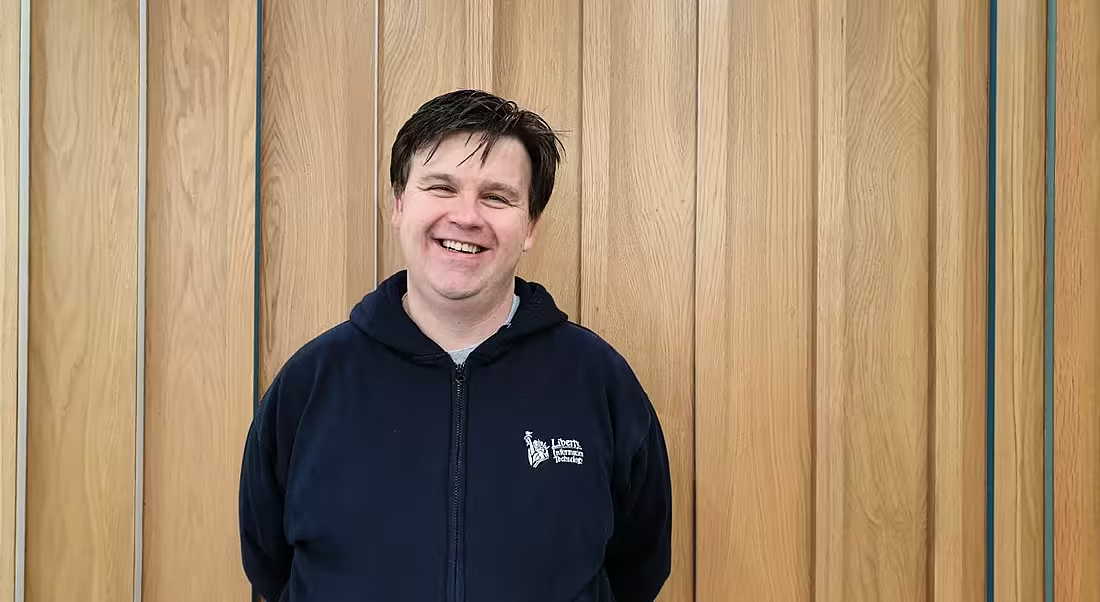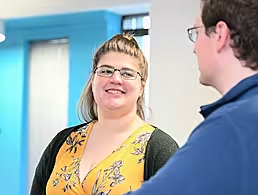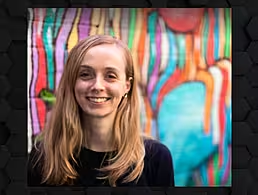Brian O’Halloran of Liberty IT discusses his work as a data scientist – and the unusual route that led him to where he is now.
Brian O’Halloran is a data scientist at Liberty IT, working on natural language programming projects and managing stakeholders. But before joining the company, he was a researcher in astrophysics and went on to work at the Daily Telegraph, among other roles.
Here, he tells Siliconrepublic.com about the world of data science, and the transferable skills that made his colourful career path possible.
‘Working as a data scientist is not too far removed from my academic roles. You get to do R&D, after all’
– BRIAN O’HALLORAN
Before joining Liberty IT, where did you work?
Prior to joining Liberty IT, I was lead data scientist at the Daily Telegraph in London, working on things like recommendation systems for users and building election models for Westminster elections. Before that, I was in a similar role at eFinancialCareers – again in London – which I joined after leaving academia.
I used to be an astrophysicist. My area of interest was galaxy evolution, particularly focused on nearby dwarf galaxies as they’re excellent proxies for understanding how galaxies evolved in the early universe.
I spent four years as a postdoc in Washington DC, working on projects focused on this type of research, followed by another six in London. The latter role was as part of the European Space Agency’s Herschel Space Telescope project, working on the SPIRE instrument team.
What kind of education did you get to prepare you for your current role?
I graduated from NUI Maynooth with a BSc in experimental physics and mathematics in 1998, followed by a PhD in experimental physics from UCD in 2003.
Obviously, I picked up the hard skills for analysing, breaking down and solving problems during this time. What was invaluable though, in terms of my current role, were the soft skills that you pick up by accident and through stealth.
I spent quite a lot of time teaching physics and astronomy courses, and learned invaluable soft skills in terms of communication of ideas and people and stakeholder management, something particularly of value when dealing with C-suite and non-technical stakeholders!
What kind of data science technologies do you work with in your role?
Well, that depends on the problem, of course. I’ve spent quite a lot of time working on natural language programming projects during my data science career. Most of my actual development time is spent knee-deep in Python, TensorFlow, Keras and Spacy.
At Liberty IT, we’ve migrated our DS frameworks to the cloud. We’re increasingly using Amazon SageMaker and their competitor from Microsoft, and both loom large in our future.
Was there any one person who was particularly influential as your career developed?
I’ve been lucky to have not just one, but a number of hugely influential people throughout both my academic and data science careers. My PhD supervisor at UCD, Brian McBreen, played a huge role in the development of my academic career.
In terms of my data science career, my bosses and colleagues at the Telegraph were greatly influential in where I am today, including Magda Piatkowska, Hervé Schnegg and Dimitris Pertsinis.
What do you enjoy about your job?
In some ways, working as a data scientist is not too far removed from my academic roles. You get to do R&D, after all, and so are given a lot of leeway in that regard, which is great as it allows you to be very creative.
I really enjoy working with stakeholders, as it is very much a two-way street in terms of education and evangelising. If you do it right, you get to iron out what they are looking for as a final product, everyone gets excited and commits to the project. Stakeholder buy-in and proper communication back and forth are such crucial components of success in the data science field. Without either, projects are doomed to failure.
The data science function at Liberty IT is very new, so there’s huge potential for projects across the Liberty Mutual Insurance Group, with us at the heart of that. It’s a really exciting time and place to be in.
What trend in the data science industry excites you the most?
Data science functions that work well and that add real business value. If more and more firms crack that problem, it’s a really exciting trend. The rest, in terms of trends, is really just window dressing.
What advice would you give to those considering a career in data science, or just starting out in one?
Brush up on those soft skills. Learn to network, learn how to listen to your stakeholders. There’s no point in building technically wonderful solutions if there’s no customer willing to use them.
Data scientists need to stay away from ivory towers at all costs. Make sure you do too.




